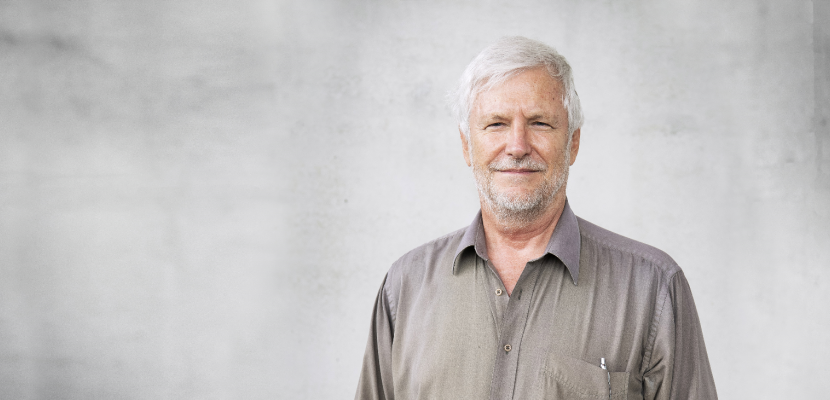
Paul Glasziou looks to be the kind of man with all his ducks in row.
He graduated in Medicine, earned his PhD, taught evidence-based healthcare at Sydney University, spent seven years at Oxford University as Professor of Evidence-Based Medicine and a part-time GP, has been published in The Lancet and has saved countless lives through his skills and research.
But if you ask him about his working life, he says it’s been a “zigzag career”.
LinkedIn calls a zigzag career one in which you step up a level but not in the same industry, continuing with this approach throughout your career.
Dr Glasziou almost fits the bill, but the powerful constants in his life have been healthcare, medicine, patient treatment and research to enhance that.
As Professor of Evidence-Based Medicine at Bond University and a part-time GP, he continues working at a rate that would embarrass those younger and less experienced.
“My 40-year research career (the last 14 years at Bond) has mostly focused on trying to improve the connection between research and clinical practice,” Dr Glasziou said.
“That connection is two-way: one, helping clinicians to use the best research in the care of patients, and two, helping researchers to provide more relevant and usable evidence.”
Key to his focus now is reducing the massive waste in medication globally by offering drug-free treatments for more than 80 medical procedures, so far.
“The world currently invests over US$200 billion every year in supporting biomedical research and this results in an estimated 2 million research publications annually,” Dr Glasziou said.
“The consequent growth of our medical knowledge is desirable but has itself become a problem.
“Each day the MEDLINE (the national library of medicine) database adds over 2000 new studies - including six new guidelines, 10 systematic reviews and 100 trials; and each week we describe at least four "new" diseases.
“However not all findings are advances. Many are passing fashions that waste our time and efforts, distracting us and competing for attention with good innovations that lead to real improvements in care.”
Working with the Royal Australian College of General Practitioners, his Handbook of Non-Drug Interventions (HANDI) is making effective non-drug treatments more visible and easier to use.
“It’s an online formulary of non-drug interventions in healthcare which have solid evidence of their effectiveness which is designed to make evidence-based, non-pharmacological treatments more visible, accessible and easier for health professionals to use and implement.”
The HANDI series has developed more than 80 interventions where traditional medical treatment is questioned and makes non-drug interventions easier to find and use.
He said it was pleasing that among Australian GPs, about two-thirds are aware of the publication and one-third use it regularly.
“I’m asked about it often. Our medical students are enthralled.
“More interventions, about five a year, are being added to the list, and we continue to have a focus also on waste.
“We’ve found avoidable waste occurring at four successive stages: the choice of research questions; the quality of research design and methods; the adequacy of publication practices; and the quality of reports of research.
“The estimated losses are roughly 85 percent, implying that the dividends from tens of billions of dollars of investment in research are lost each year because of correctable problems.
“The avoidable waste is greater for non-drug research, so colleagues and I have worked on methods to do this (the TIDieR guide for reporting, and the Handbook of Non-Drug Interventions) which have been widely used to reduce the problems.”
Dr Glasziou will retire on December 31, 2024. He will reveal more on his fascinating career, and his future, during his Professorial Lecture at Bond University October 30, 2024.